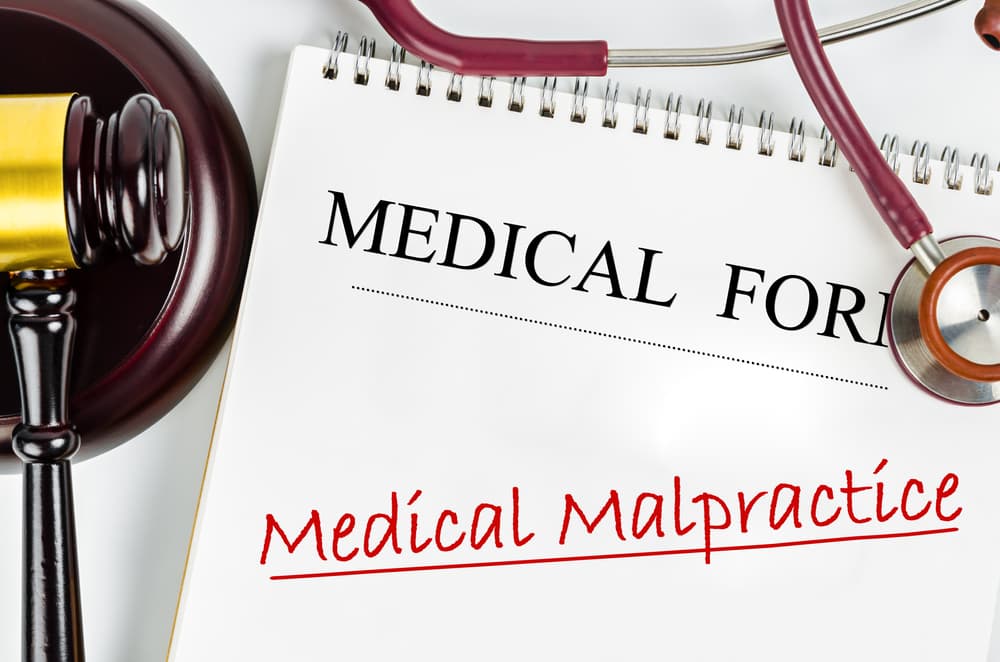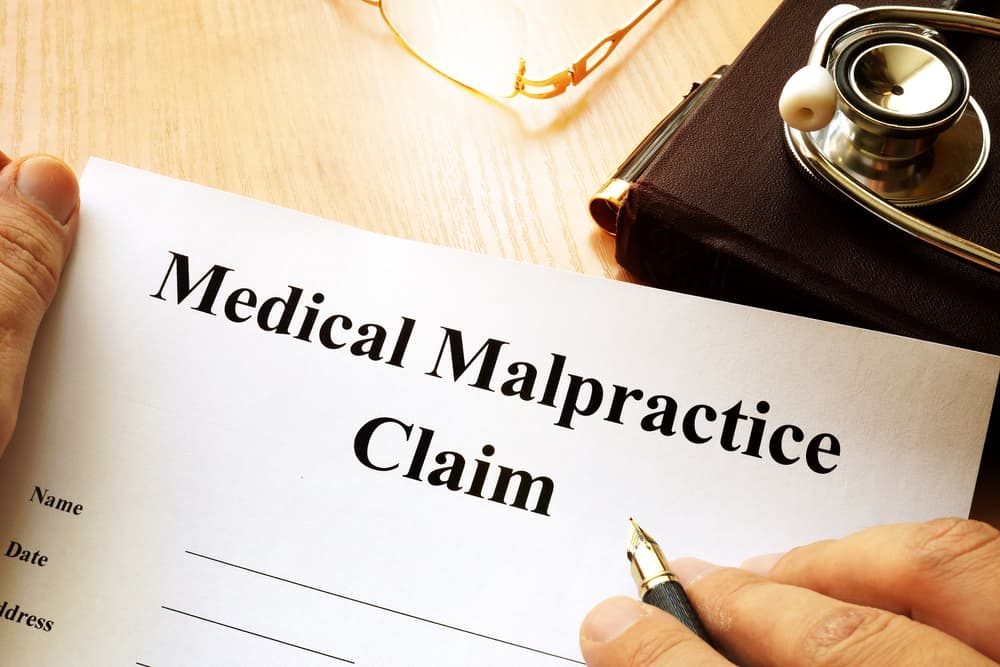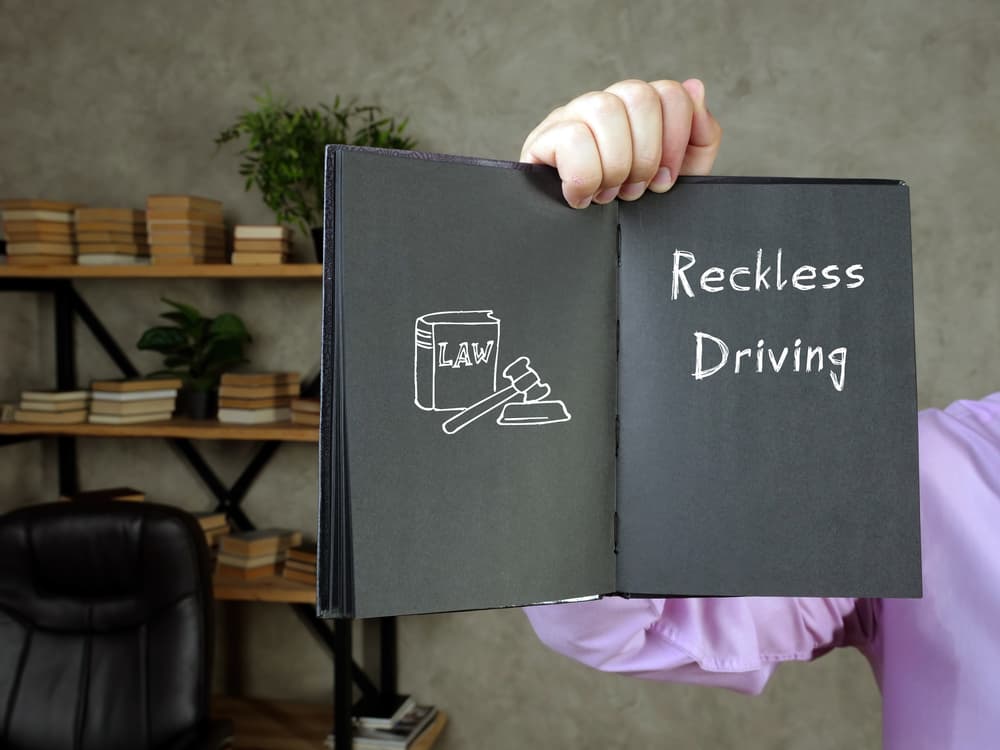Medical negligence or malpractice happens when a healthcare provider, such as a doctor or nurse, fails to act reasonably under the circumstances. As a result, the patient must typically suffer a complication, such as an injury or illness. If you or someone you love is the victim of medical malpractice, you need experienced legal counsel on your side as quickly as possible.
To find a good medical malpractice attorney, start by seeking referrals from trusted sources, such as friends, family, or healthcare professionals. Research online for attorneys experienced in medical malpractice and check their reviews and ratings. Look for lawyers with a strong track record in similar cases and consider scheduling consultations to discuss your situation.
A medical malpractice lawyer can evaluate the merits of your claim, gather evidence, negotiate with insurance companies, and represent you in court if necessary. Their knowledge and experience ensure that you understand your rights and the complexities of your case, ultimately working to secure fair compensation for your injuries.
Schedule a Free Initial Consultation Today!
Common Types of Medical Malpractice
Medical malpractice occurs when a healthcare provider fails to meet the standard of care, leading to harm or injury to a patient. There are several common types of medical malpractice, and each can result in serious complications for the patient.
- One of the most common types of medical malpractice is misdiagnosis or delayed diagnosis. In these cases, a doctor may incorrectly diagnose a patient’s condition or fail to diagnose it in a timely manner. Misdiagnosis or delayed diagnosis can lead to delayed treatment, allowing the disease to worsen. For example, if a doctor fails to diagnose cancer early, the cancer may progress to a more advanced stage, reducing the patient’s chance of survival.
- Another type of medical malpractice is surgical errors. These errors can include performing the wrong procedure, operating on the wrong body part, or leaving surgical instruments inside the patient. Surgical errors can lead to severe complications such as infections, internal bleeding, organ damage, or the need for additional surgeries.
- Medication errors are also a common form of malpractice. Medication errors occur when a patient is prescribed the wrong medication, the wrong dosage, or experiences harmful interactions between medications. Medication errors can cause allergic reactions, drug toxicity, or worsening of the patient’s condition.
- Birth injuries can happen when doctors or other healthcare providers fail to properly manage childbirth, which may include improper use of forceps or failure to perform a necessary C-section. Birth injuries can cause lifelong complications such as brain damage, cerebral palsy, or physical disabilities for the newborn.
- Another major form of malpractice is anesthesia errors. Administering too much or too little anesthesia or failing to monitor a patient’s vital signs during surgery can result in serious complications like brain damage, coma, or even death.
- Finally, failure to obtain informed consent is another type of medical malpractice. Patients have the right to know the risks and benefits of any treatment before agreeing to it. If a doctor performs a procedure without fully informing the patient of potential risks, the patient may suffer complications for which they were not they were not prepared.
Qualities of a Good Medical Malpractice Lawyer
A good medical malpractice attorney is important for anyone seeking justice after being harmed due to a healthcare provider’s negligence. Several important qualities set a good medical malpractice attorney apart from the rest.
- First, a deep understanding of medical malpractice law is essential. Medical malpractice cases can be complex and require a lawyer who knows the specific laws and regulations that apply to these situations. A good attorney will understand the legal definitions of negligence, medical errors, and the standard of care required in the medical field. They must also be able to navigate the procedures for filing a lawsuit, gathering evidence, and presenting the case in court.
- Another important quality is experience with medical malpractice cases. The best lawyers will have handled similar cases before and will know how to approach different types of claims, whether it is a misdiagnosis, surgical error, or birth injury. Experience also helps lawyers anticipate the tactics that defense lawyers and insurance companies may use to avoid responsibility. A knowledgeable attorney will have the skills to build a strong case and maximize the chances of a favorable outcome.
- A good medical malpractice lawyer must also have strong investigative skills. Proving medical malpractice requires gathering extensive evidence, such as medical records, expert testimony, and reports. A skilled attorney will know how to investigate the details of the case thoroughly and find the right experts to testify. This ability to dig deep into the facts is critical in building a persuasive case.
- Communication skills are equally important. Medical malpractice cases involve explaining complicated medical issues and legal concepts to judges, juries, and clients. A good lawyer will be able to clearly and effectively communicate the facts of the case, both in writing and in person. They should also be good listeners, ensuring they understand the client’s concerns and goals.
- Finally, compassion and empathy are key qualities in a medical malpractice attorney. Clients in these cases are often dealing with physical pain, emotional distress, or loss. A good attorney will approach the case with understanding and care, providing the client with support throughout the process.
How Can an Experienced Medical Malpractice Lawyer Help?
A medical malpractice attorney plays an important role in helping victims of medical negligence seek justice and compensation. A skilled lawyer can assist with your claim or lawsuit in several ways.
- First, a medical malpractice lawyer can evaluate the strength of your case. Medical malpractice cases are complex, and not every negative medical outcome qualifies as malpractice. A lawyer can review your medical records, consult with experts, and determine whether your healthcare provider failed to meet the standard of care. If negligence occurred, the attorney can advise you on the best legal strategy to pursue.
- Once it’s determined that you have a valid claim, the lawyer will assist in gathering evidence to support your case, which involves collecting medical records, obtaining expert opinions, and securing any other documents that may prove your healthcare provider acted negligently. A lawyer will know which types of evidence are most convincing to a judge or jury and will work to build a strong case.
- In addition to gathering evidence, a medical malpractice lawyer will also be responsible for filing your claim on time. Every state has a statute of limitations, which is a deadline for filing a medical malpractice lawsuit. If you miss this deadline, you may lose the right to seek compensation. A lawyer will ensure that all paperwork is filed correctly and within the required time limits.
- Another way a medical malpractice attorney can help is by negotiating with the insurance company on your behalf. Often, insurance companies will try to settle cases for as little money as possible. A skilled lawyer will know how to negotiate aggressively to ensure that you receive fair compensation for your injuries, medical bills, lost income, and pain and suffering.
- If the parties cannot reach a settlement, the attorney will represent you in court, including preparing for trial, questioning witnesses, presenting evidence, and arguing on your behalf. A medical malpractice lawyer’s courtroom experience can make a significant difference in the outcome of your case.
- Finally, a medical malpractice lawyer provides guidance and support throughout the legal process. Dealing with a medical injury can be stressful, and a lawyer can handle the complexities of the case, answer your questions, and keep you informed.
Litigating a Medical Malpractice Claim
When pursuing a medical malpractice case, you have several legal options for litigating your claim. Understanding these options – settling the case, taking it to trial, or using alternative dispute resolution – can help you make informed decisions about how best to proceed.
- Settling the Case – One common option is to settle the case before it goes to trial. A settlement involves negotiating with the healthcare provider’s insurance company to agree on a compensation amount without going through a lengthy court process. Settlements can be beneficial because they save time and legal expenses and provide a quicker resolution. An attorney can negotiate on your behalf, using evidence and expert testimony to support your claim and push for a fair settlement amount. However, it is essential to consider that once you settle, you typically cannot pursue further claims related to that incident.
- Taking It to Trial – If the parties cannot reach a fair settlement, you may choose to take your case to trial. During a trial, both sides present their arguments, evidence, and witness testimonies in front of a judge or jury. Trials can be lengthy and expensive, but they offer the opportunity for a more formal resolution. A jury or judge will decide whether the healthcare provider was negligent and, if so, the amount of compensation you should receive. Trials can be unpredictable as outcomes depend on various factors, including the evidence presented and the jury’s perceptions. Having an experienced attorney is invaluable in this situation because they know how to build a strong case and effectively present it in court.
- Alternative Dispute Resolution (ADR) – Another option is to pursue alternative dispute resolution methods, such as mediation or arbitration. In mediation, a neutral third party helps both sides negotiate a settlement. The mediator does not make decisions but facilitates discussions to reach an agreement. Arbitration involves a neutral arbitrator who hears both sides and makes a binding decision. ADR can be less formal and more flexible than traditional litigation, often resulting in quicker resolutions and lower costs.
The choice between settling, going to trial, or using alternative dispute resolution depends on your specific situation and goals. Consulting with a qualified medical malpractice attorney can help you weigh these options and determine the best course of action for your case.
Recoverable Compensation in a Medical Malpractice Claim or Lawsuit
If you are pursuing a medical malpractice claim or lawsuit, you may be entitled to compensation for your various losses, often referred to as “damages.” Understanding these types of damages is key in assessing the potential value of your case. The following are the primary categories of damages you may recover:
- Medical Expenses – One of the most straightforward damages includes reimbursement for medical expenses incurred due to the malpractice, which can cover past and future medical bills, such as hospital stays, surgeries, medications, physical therapy, and rehabilitation costs. If the malpractice resulted in a long-term injury or disability, you can recover costs related to ongoing medical treatment.
- Lost earnings – If you had to take time off work due to your injury or medical condition resulting from malpractice, you may be entitled to compensation for lost income – including any salary or hourly earnings lost during your recovery. Furthermore, if your injury affects your ability to work in the future, you may seek compensation for diminished earning capacity.
- Pain and Suffering – Pain and suffering damages account for the physical pain and emotional distress you experience due to the malpractice. This loss is more subjective and can include factors like chronic pain, anxiety, depression, and loss of life enjoyment. It is meant to address the non-economic effects of your injuries.
- Emotional Distress – In some cases, victims of medical malpractice may experience significant emotional distress, including anxiety, depression, or post-traumatic stress disorder (PTSD). Compensation for emotional distress aims to provide financial relief for the psychological effects the malpractice caused.
- Loss of Consortium – If a medical malpractice injury affects your relationship with your spouse or partner, you can recover damages for loss of consortium. This compensation recognizes the effect on companionship, affection, and support that your partner may experience due to your injuries.
- Punitive Damages – In rare cases, punitive damages may be awarded in addition to compensatory damages. These damages are intended to punish the healthcare provider for particularly egregious or reckless behavior and to deter others from similar actions. Punitive damages are not based on the victim’s losses but rather on the accused’s (defendant’s) conduct.
The compensation you may recover in a medical malpractice case can be substantial, reflecting the repercussions the injury has had on your life. Consulting with a qualified medical malpractice attorney can explain your rights and the potential damages available in your specific situation.
Speak with an Experienced Medical Malpractice Attorney Right Away
If you suffered an injury or illness because of a medical complication, a knowledgeable medical malpractice attorney can look into your circumstances right away. Your personal injury attorney in Michigan will determine your eligibility for filing a medical malpractice claim and can assist you throughout every step of the process. They can gather documentation, file the claim on your behalf, negotiate with insurance companies, and, if necessary, litigate your case to a resolution in court.





